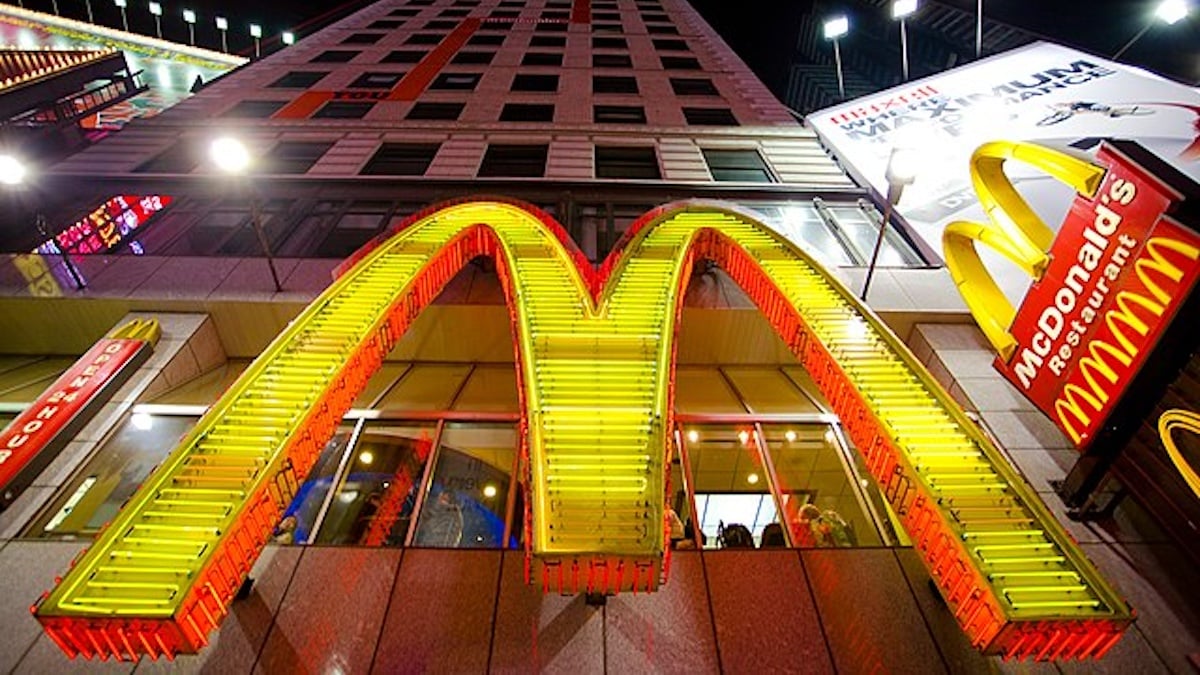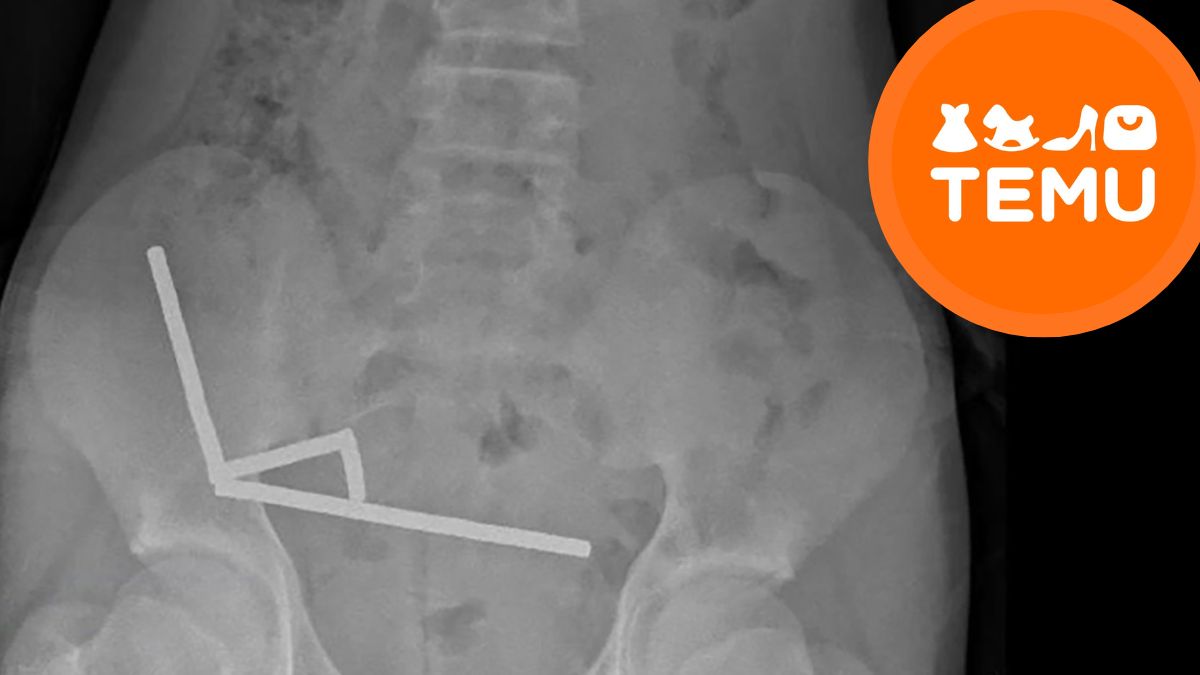McDonald’s french fries were once the undisputed king of fast food menu items, but for many reasons, people are dining at fast food restaurants less these days. Responding to decreased demand, french fry supplier Lamb Weston has shuttered a Washington state plant, slowed production across the country, and laid off around 400 employees.
Fast-food aficionados know McDonald’s french fries haven’t been the same since the fast food chain stopped using beef tallow to cook them for health reasons. Still, McDonald’s fries are as closely associated with the brand as the Golden Arches. But inflation and rising menu prices have created a French fry oversupply. And even though McDonald’s and other fast-food chains are trying to win back their customers with value-menu deals, demand remains sluggish. People don’t cook french fries as much at home, and the fast food business has dropped as much as 3% in recent years.
Small fry orders won’t solve the problem
At the same time, while McDonald’s tries to lure hungry customers back to their restaurants with $5 meals, those now come with small fries. Consumers are otherwise electing for smaller portions, which, all combined, won’t move enough of the product to help solve the oversupply problem. As McDonald’s goes, so too goes the fate of Lamb Weston, with the venerable fast-food giant accounting for 13% of the supplier’s sales.
As popular as McDonald’s fries once were, as word spread that McDonald’s fries were in trouble, no one seemed particularly surprised insofar as social media response is any indication. Comments on X ranged from calls to bring back beef tallow, to an overall agreement that prices were the primary cause for the decline.
Others pointed out Americans are just eating healthier, and McDonald’s no longer makes the cut. To that point, “Maybe they should consider there’s an awakening towards caring better for our bodies and [then] adapt and make their products more healthy,” one X comment said.
Fast food’s fine, according to California Governor Gavin Newsom
California recently raised its minimum wage to $20 an hour, including for fast-food restaurant employees, which many expected would set off a chain of events, leading to more expensive menu items and less demand for products like fries. Recent Bureau of Labor Statistics preliminary data shows California had more fast food jobs than ever before, which the Newsom administration touted as proof the high minimum wage was good for business.
Speaking with KTLA, however, Employment Policies Institute researcher Rebecca Paxton said Newsom was using non-seasonally adjusted preliminary BLS data. Seasonally adjusted, the data showed California fast-food jobs had declined.
Lamb Weston’s other problems
Moreover, Lamb Weston has had other problems to contend with as a business beyond how hungry Americans are spending their money. Lamb Weston faced a class action lawsuit alleging securities fraud in July, accused of deceiving shareholders about the true cost of software upgrades that Lamb Weston said cost more than they anticipated. So, the company’s problems can’t just be laid at the feet of the American consumer.
According to the suit, Lamb Weston “recklessly disregarded significant problems in the functionality of the new ERP system that would impact its successful implementation. Notwithstanding those problems, Lamb Weston proceeded with the implementation, knowing that a premature launch would negatively impact its business and operations.”











Published: Oct 9, 2024 04:51 pm